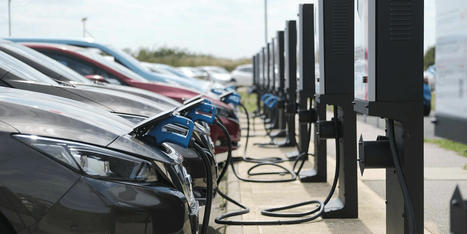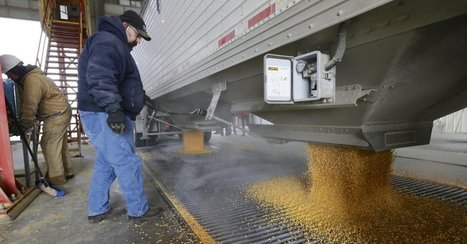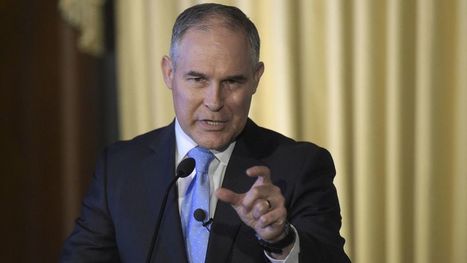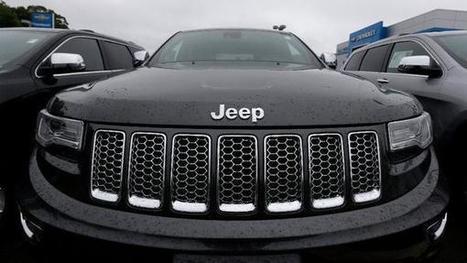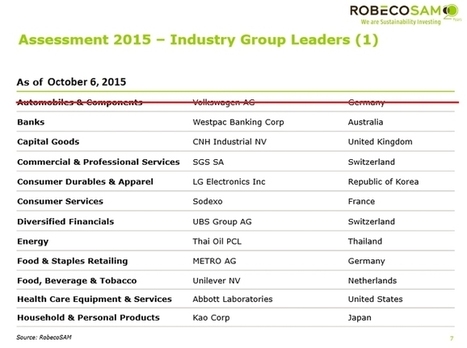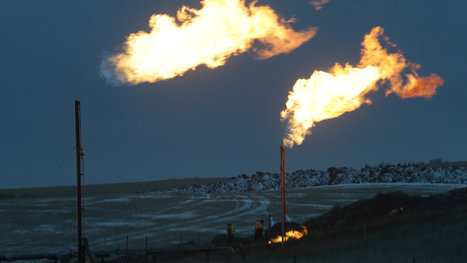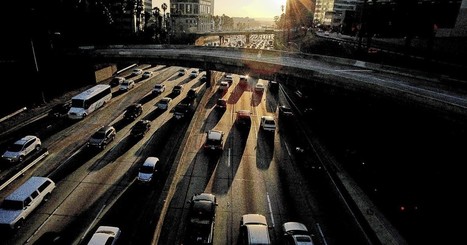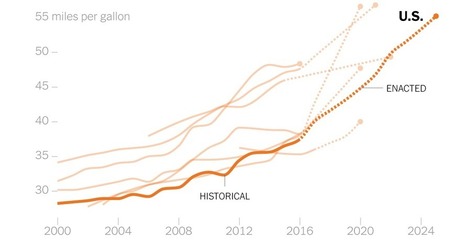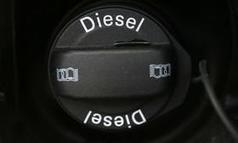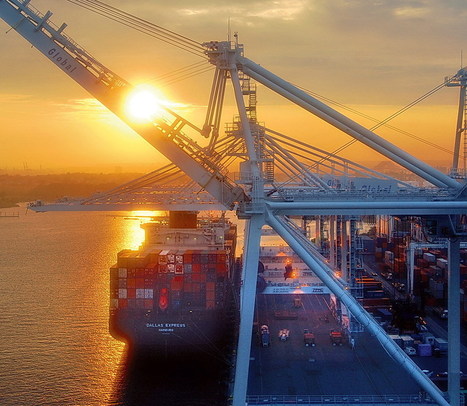The European Commission, in a strategy due next week, will lay out measures to tackle EU greenhouse gas emissions from the transport sector. Reports speak of 30 million electric vehicles by 2030 and related infrastructure.
According to a draft document seen by Reuters, “The EU’s goal of climate neutrality by 2050 cannot be reached without introducing very ambitious measures to reduce transport’s reliance on fossil fuels.” The news agency further quotes the EU Commission estimating that the targets would require “at least 30 million zero-emission vehicles by 2030”.
Via EcoVadis



 Your new post is loading...
Your new post is loading...

